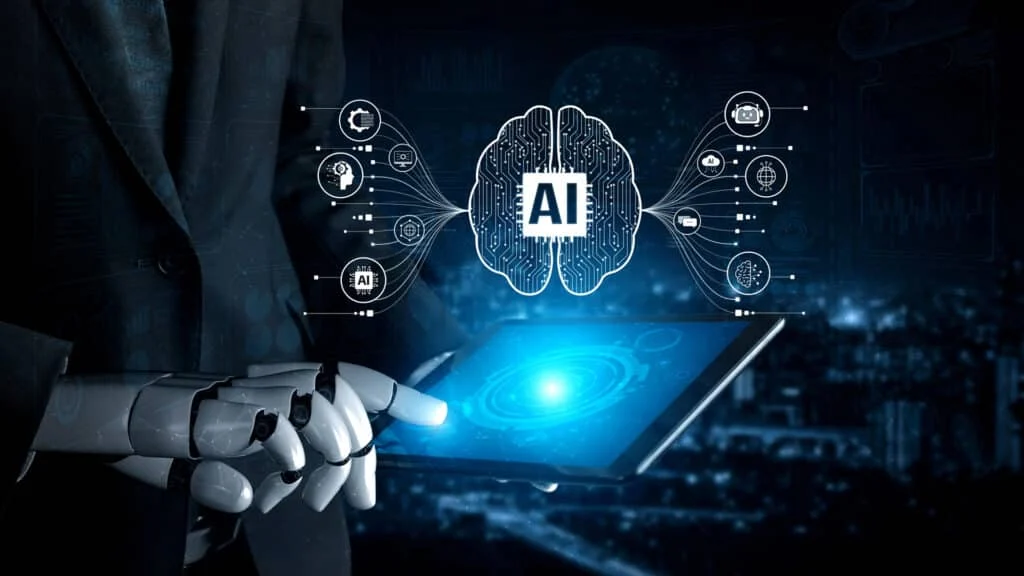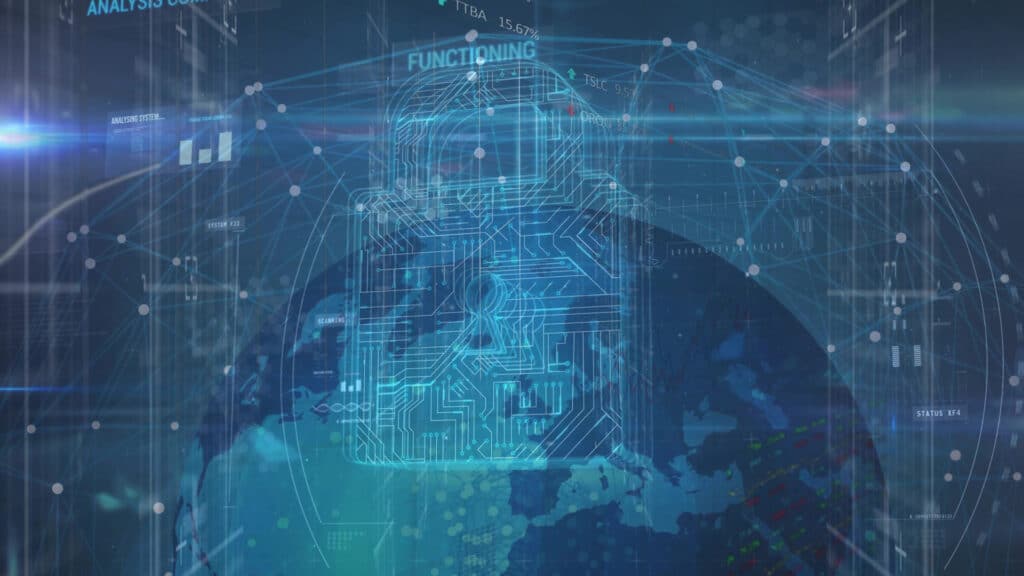The Six Five team discusses US ban on China export of more NVIDIA AI cards.
If you are interested in watching the full episode you can check it out here.
Disclaimer: The Six Five Webcast is for information and entertainment purposes only. Over the course of this webcast, we may talk about companies that are publicly traded and we may even reference that fact and their equity share price, but please do not take anything that we say as a recommendation about what you should do with your investment dollars. We are not investment advisors and we ask that you do not treat us as such.
Transcript:
Daniel Newman: You actually wrote an article going back, gosh, Pat a few months now. And we all like to do a victory lap. I like to talk about when I called out NVIDIA becoming the next trillion dollar company like three plus years ago, and sometimes it’s getting things right three or four years back, sometimes it’s getting things right three or four weeks back. But Pat, a couple months ago you basically said Joe Biden and the various chip controls he’s putting into place simply aren’t going to be enough to stop the routing of advanced accelerated computing chips from getting into China. And I think so far, Pat, it’s proven to be correct. We knew this going in, we know that most of these kinds of import export controls rarely work. And that’s because unless the world wants to cooperate, and I mean the whole world wants to cooperate, there’s always the two and three and four steps.
It gets sent first to Italy and then Italy sends it to Macau and the Macau says, “Well, we don’t have any rules, so we’ll ship it to China, we don’t care.” And by the way, nothing with Italy, I’m just randomly using that as an example. But my point is that we know that the next big frontier, the next war is going to be fought on the technology front. And while yes, there are certainly ground wars being fought right now with weapons, we know that also if you’ve watched the Israel’s rocket, I don’t know what they call it, Pat, but basically the shield that they used, this is heavily technology driven, the ability to build these defense systems and it’s machine learning, it’s training, it’s intelligence and the advanced semiconductors are going to be key to that particular front. And of course there’s a technology leadership battle being fought on a global basis right now, right?
The country with the strongest AI is going to have the strongest economy, is going to have the strongest growth in productivity. It’s going to have the world’s admiration. And so we’ve been at a long time philosophical arms race around technology with China and us sending our most advanced technology and intellectual property over there for them to build and iterate and innovate upon is a risk factor for us too. So I’m not talking a lot about the specifics here, Pat, but one thing I will mention is basically companies Intel, NVIDIA, AMD, were all looking at building these kind of tuned down AI chips, the most notable, the 800 series from NVIDIA. And they were basically designed to get around the chip controls. The chip controls had certain specs. They said, “Well, we’ll build something right up to the edge of the spec and then we’ll make it work.”
And then what basically this new regulation included was, “Well, we’re going to just keep changing the goalpost, then you’re going to mail something that’s right up to the edge of the goalpost, we’ll move the goalposts.” Because what we don’t want to do is send the technology over to China that they’re going to get one way or another and make it easier for them to get and make it easier for them to compete both from a national defense and from a technology leadership standpoint.
And so I just think, Pat, this is going to be a merry-go-round. It’s going to go round and round and round. We’ll move the goalposts, they’ll continue to get it through gray markets and different channels. We’ll continue to try to make it harder through different import export controls. But in the end, China is fighting to keep its market and economic leadership as well as its defense leadership. It’s not leading the US, but it is the second-biggest economy or the biggest, depending on which metrics you’re using for imports and exports and they don’t want to be left behind. And the US has a lot of say in how fast China can move in AI. So here we go again. It keeps rolling.
Patrick Moorhead: Yeah, listen, I don’t want enemies of the United States or potential threats to get any technology that could harm my family and I’m also a realist that says that you actually have to be able to stop something. I remember when I was at AMD I was in my first year there and we had put a blockade on Iran and some weird picture showed up on USA today and in the background was a rack of AMD processors that they weren’t even supposed to have. I got firsthand account of what you can keep from coming over the border and what you can’t. So how big is an H100? Dan? How big do you think it is?
Oh, you’re on mute, but that’s okay. No, I’m going to get to the punchline here. It is about the size of a carton of cigarettes. It’s 11 inches long and about five inches tall. And I mean, think about how many ways you could bring that into a country. You could put thousands of them on a boat and show up on the shore. You could go through airport security and heck, you could relabel it. I mean it’s kind of funny for me to think that you can stop this and there is no phone home capability either. So you could do some sort of a lock where you had to phone home to NVIDIA to get authorization to make this thing work. All you need is drivers, they’re sitting right on the NVIDIA website and before you go to the next step that says know your customer, we’ve been through that.
There’s another article I wrote you can find on my website that talks about the insanity of know your customer type of things and how that doesn’t stop anything. So the other element is that although we really don’t talk about them, there are a lot of local powerhouses that are chip makers. One of them is called Bahrain and no, it doesn’t have the performance of an H100. It’s close to an H100 though, right? And what chips do you think that all of these models like OpenAI, GPT-4 were built on? They’re built on an H100, not an H100. So I think that this is a nice political gesture. I think in the end, A100s will get through H100s will get through border control at AB.
I think this is going to incent China to build its own ecosystem. And will they be as efficient or performant as an H100? No, they won’t because they can’t fab them on leading edge. But I think as we saw, they can do some miracles with lagging edge like they did with the Huawei chip. And that’s it. That’s all. I got. Insanity. Read my two articles, tell me.
Daniel Newman: Yeah, you hit it pretty well there Pat. And it is insane and it is going to continue because this isn’t something they’re just going to relent and be like, oh, we can’t ship it. I guess we’ll give up. We’re out of the AI arms race. They’re going to find a way. And so it’s going to be a bit of a cat and mouse game that we’ll continue.
Author Information
Daniel is the CEO of The Futurum Group. Living his life at the intersection of people and technology, Daniel works with the world’s largest technology brands exploring Digital Transformation and how it is influencing the enterprise.
From the leading edge of AI to global technology policy, Daniel makes the connections between business, people and tech that are required for companies to benefit most from their technology investments. Daniel is a top 5 globally ranked industry analyst and his ideas are regularly cited or shared in television appearances by CNBC, Bloomberg, Wall Street Journal and hundreds of other sites around the world.
A 7x Best-Selling Author including his most recent book “Human/Machine.” Daniel is also a Forbes and MarketWatch (Dow Jones) contributor.
An MBA and Former Graduate Adjunct Faculty, Daniel is an Austin Texas transplant after 40 years in Chicago. His speaking takes him around the world each year as he shares his vision of the role technology will play in our future.







